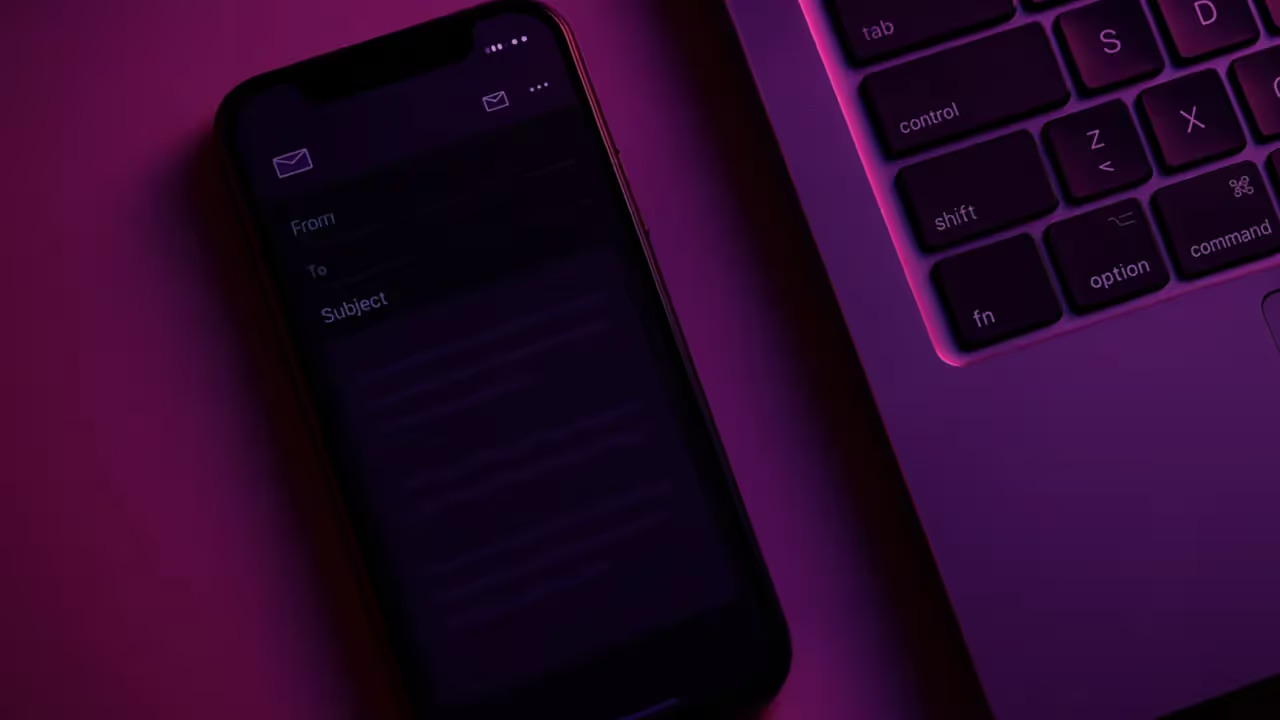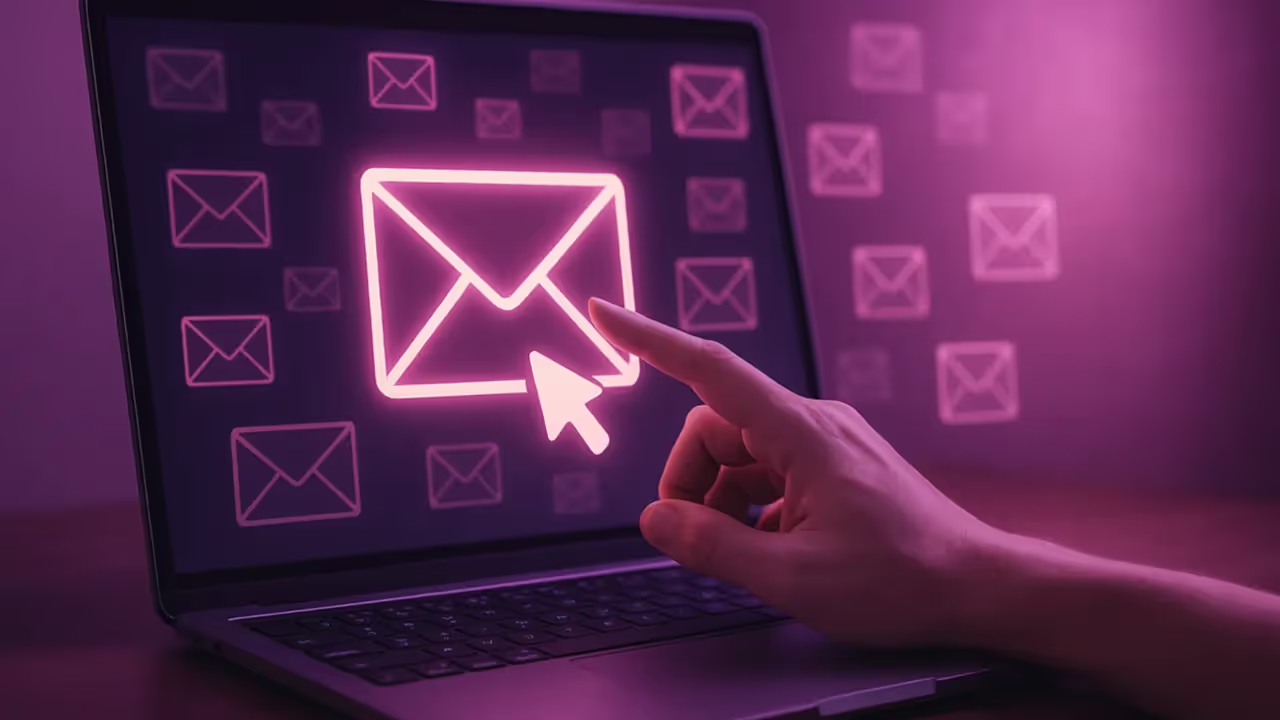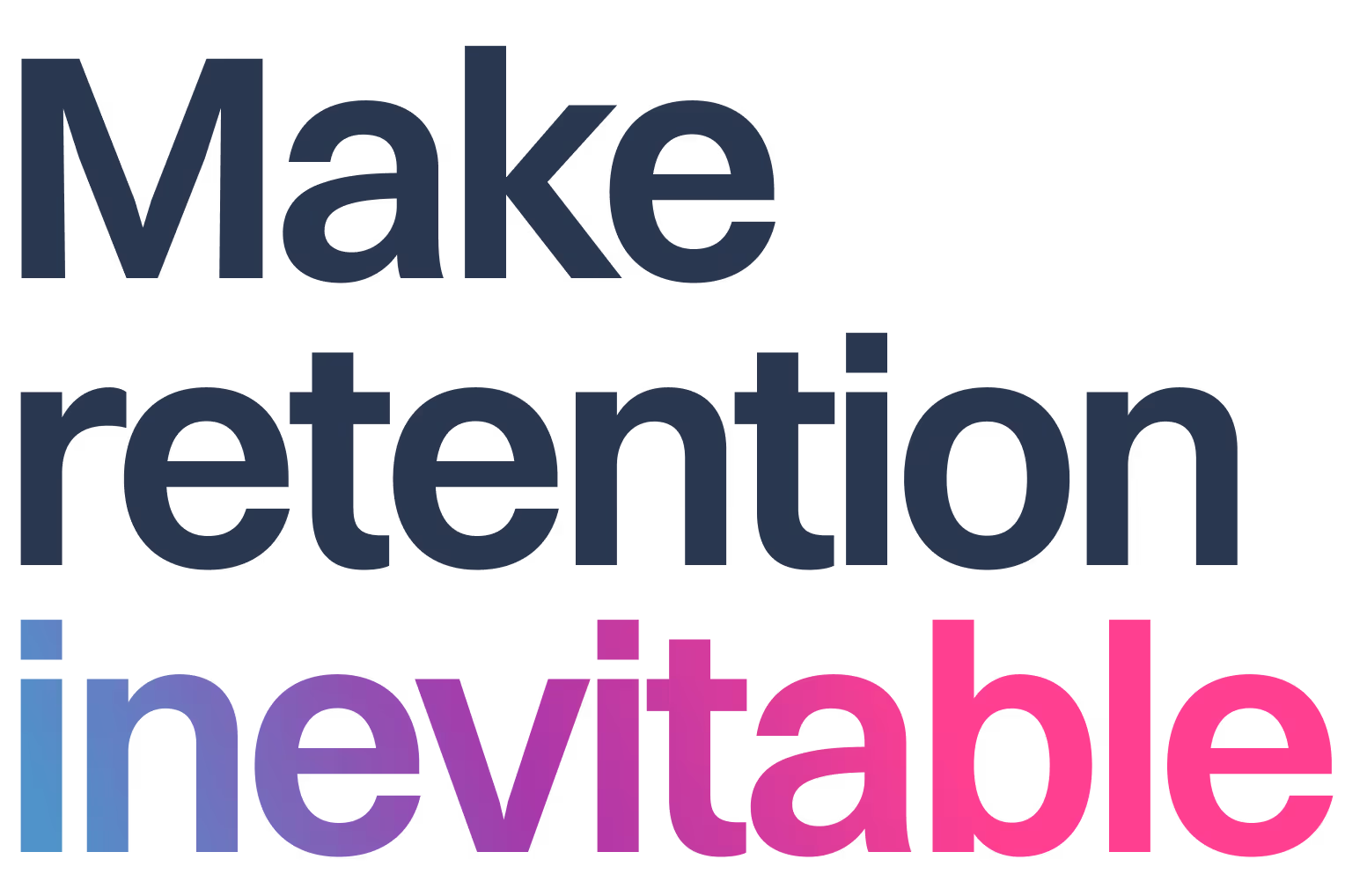WhatsApp Marketing Automation: A Complete Guide
While everyone talks about email marketing, savvy businesses are quietly building massive customer relationships through WhatsApp. The messaging app that started as a simple chat platform has become a powerful marketing channel, especially when you add automation to the mix.
WhatsApp marketing automation transforms how you connect with customers. Instead of manually responding to every inquiry or remembering to send follow-up messages, you can create systems that nurture relationships around the clock. Customer support automation can reduce response times to under 5 minutes, turning frustrated customers into loyal advocates.

The real magic happens when you combine WhatsApp's personal feel with automation's consistency. Your customers get instant responses that feel human, while you focus on strategy instead of repetitive tasks. This guide shows you exactly how to set up WhatsApp marketing automation that drives engagement, increases sales, and saves hours of manual work.
You'll discover which tools actually work, how to create campaigns that comply with WhatsApp's policies, and the specific automation workflows that turn casual conversations into paying customers. By the end, you'll have everything needed to launch your first automated WhatsApp campaign.
Understanding WhatsApp Marketing Automation Fundamentals
WhatsApp marketing automation uses specialized software to manage customer conversations automatically. Think of it as your virtual assistant that never sleeps, handling common questions, sending promotional messages, and nurturing leads while you focus on bigger picture strategy.
The foundation relies on WhatsApp's Business API, which connects your business account to automation platforms. Unlike the basic WhatsApp Business app, the API allows unlimited message sending to opted-in users and integrates with your existing business tools.
Core Components of Automated Systems
Every WhatsApp automation system includes several key elements working together. Chatbots handle initial customer interactions, responding to frequently asked questions and routing complex inquiries to human agents. Broadcast tools send promotional messages to your entire contact list or specific segments.
Workflow automation creates sequences based on customer behavior. When someone visits your website, abandons their shopping cart, or completes a purchase, the system automatically sends relevant follow-up messages. Integration capabilities connect WhatsApp to your CRM, email marketing platform, and e-commerce store.
AiSensy broadcasts to unlimited opted-in users, supports chatbot integration, and connects with over 2000 CRMs and e-commerce platforms, showing how comprehensive these integrations can become.
Business Benefits and Use Cases
Automation transforms customer service from a cost center into a revenue driver. Instant responses improve customer satisfaction while automated nurture sequences move prospects through your sales funnel without manual intervention.
E-commerce businesses use automation for order confirmations, shipping updates, and abandoned cart recovery. Service providers send appointment reminders, collect feedback, and schedule follow-up consultations. Razorpay payment links sent via WhatsApp result in payments that are 3x faster compared to traditional methods, demonstrating the platform's conversion power.
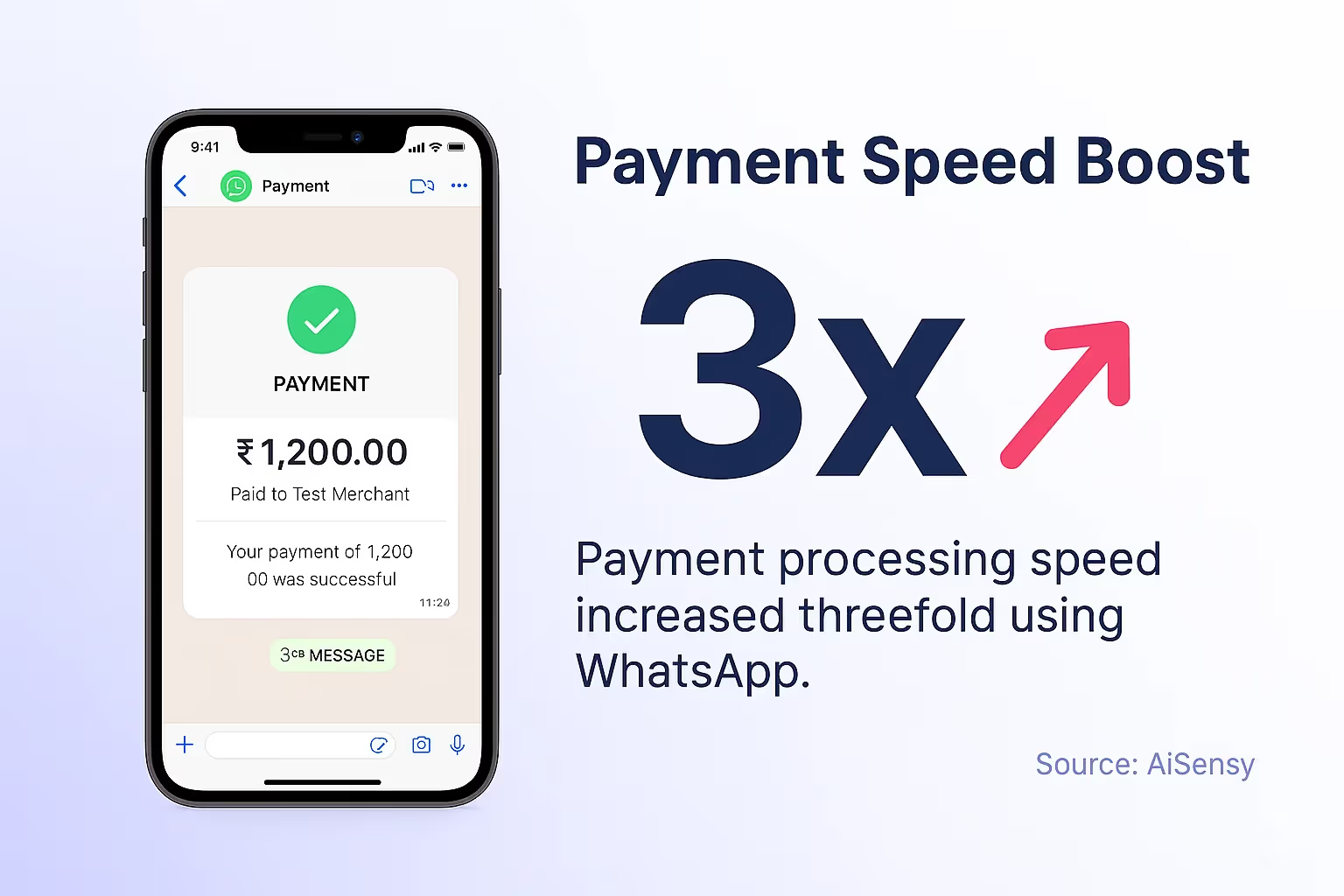
Choosing the Right WhatsApp Automation Tools
The automation tool you choose determines your campaign's success. Each platform offers different features, pricing models, and integration capabilities that affect your marketing results.
Start by evaluating your business needs. Small businesses with basic requirements might thrive with simple broadcast tools, while enterprises need advanced segmentation, workflow automation, and detailed analytics.
Key Features to Prioritize
Look for platforms offering broadcast messaging to your entire contact list or specific segments. Template management helps you create reusable message formats that comply with WhatsApp's policies. Chatbot builders let you design automated conversation flows without coding knowledge.
Analytics and reporting show which campaigns drive results and which need improvement. Integration capabilities connect WhatsApp to your existing business tools. Customer support ensures you get help when technical issues arise.
PlatformKey StrengthsBest ForEngageLabOfficial API integration, advanced segmentationEnterprise businessesPushEngageBulk messaging, behavioral segmentationE-commerce storesAiSensyCRM integrations, unlimited broadcastsGrowing businesses
Comparing Platform Capabilities
EngageLab integrates with the official WhatsApp Business API, supporting omnichannel messaging, advanced segmentation, workflow automation, and real-time analytics. This makes it ideal for businesses needing sophisticated campaign management.
PushEngage offers bulk WhatsApp marketing, behavioral segmentation, abandoned cart automation, and omnichannel capabilities. Their focus on e-commerce automation helps online stores recover lost sales and increase customer lifetime value.
Consider your budget alongside feature requirements. Basic plans typically include broadcast messaging and simple chatbots. Premium tiers add advanced segmentation, detailed analytics, and priority support. Calculate the cost per message or monthly fee against your expected message volume.
Setting Up Your First Automated Campaign
Creating effective WhatsApp automation starts with proper planning and setup. Your first campaign establishes the foundation for all future marketing efforts on the platform.
Begin by defining your campaign objectives. Are you nurturing new leads, recovering abandoned carts, or providing customer support? Clear goals guide your message creation and automation workflow design.
Building Your Contact Database
WhatsApp requires explicit opt-in consent before sending marketing messages. Create lead magnets like exclusive discounts or valuable content that encourage people to share their phone numbers. Add WhatsApp opt-in checkboxes to your website forms and social media campaigns.
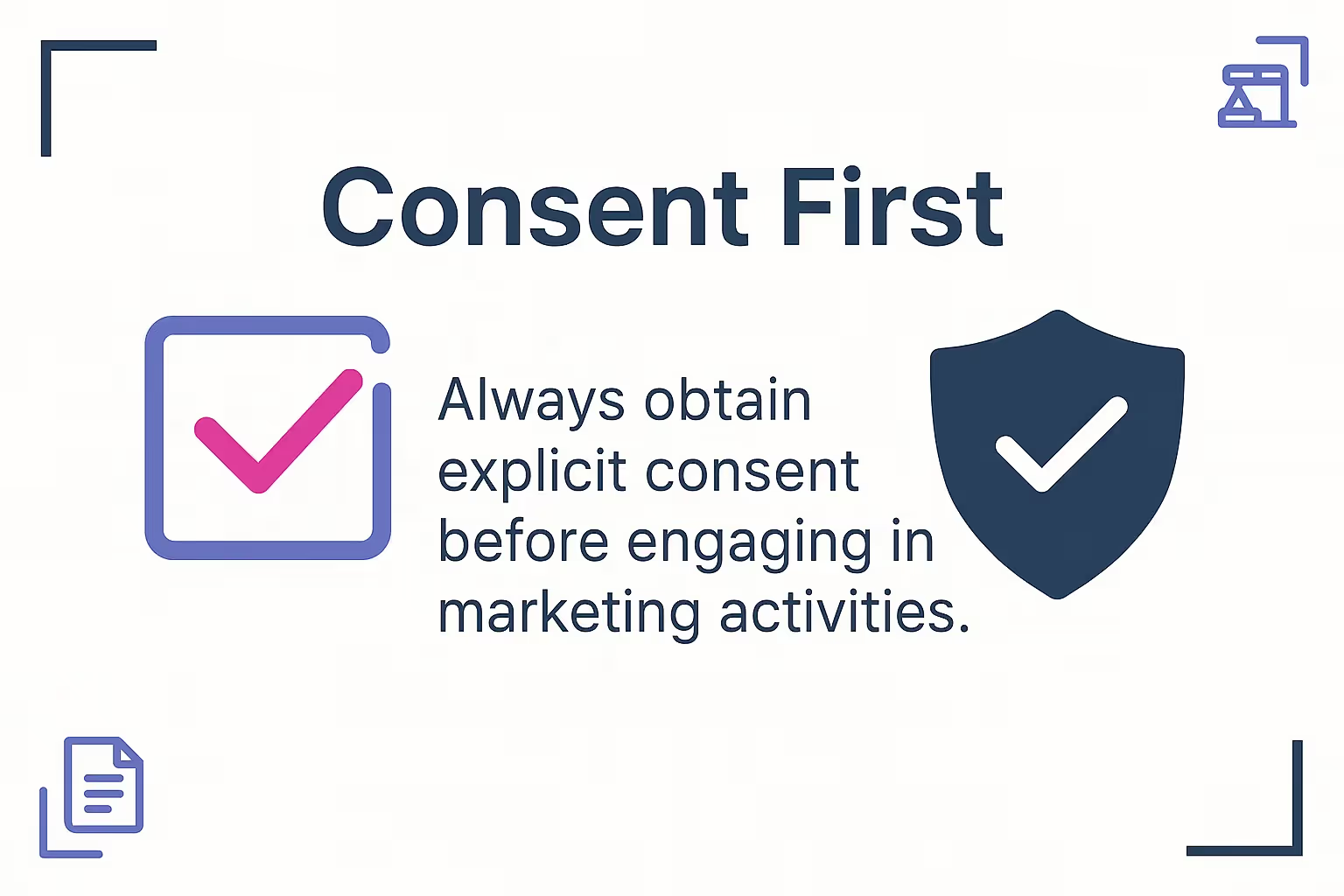
Organize contacts using relevant segments. Group customers by purchase history, interests, or engagement level. This segmentation enables personalized messaging that resonates with each audience segment.
- Create opt-in forms with clear value propositions
- Add WhatsApp subscription options to checkout processes
- Use QR codes in physical locations or print materials
- Promote WhatsApp contact on social media profiles
- Train staff to collect opt-ins during customer interactions
Designing Message Templates
WhatsApp requires pre-approved message templates for promotional content. Design templates that feel conversational while including your key marketing messages. Use merge tags to personalize each message with the recipient's name or relevant details.
Keep messages concise and action-oriented. Include clear calls-to-action that guide recipients toward your desired outcome. Test different message variations to find what resonates best with your audience.
Create welcome sequences for new subscribers, promotional campaigns for product launches, and follow-up messages for customer service inquiries. Having templates ready speeds up campaign creation and ensures consistent messaging.
Creating Automation Workflows
Map out customer journeys that trigger automated messages. A typical e-commerce workflow might send a welcome message immediately after opt-in, followed by a discount code, then product recommendations based on browsing behavior.
Set up trigger conditions like website visits, email opens, or time delays. Design branching paths based on customer responses or actions. If someone clicks a product link, send related product recommendations. If they don't respond, try a different approach.
Test your workflows with small audience segments before full deployment. Monitor message delivery rates, response rates, and conversion metrics to identify optimization opportunities.
Advanced Automation Strategies
Once your basic campaigns are running smoothly, advanced strategies help you maximize WhatsApp marketing automation's potential. These techniques separate good campaigns from exceptional ones that drive significant business results.
Advanced segmentation goes beyond basic demographics to include behavioral triggers and engagement patterns. Create segments based on purchase frequency, average order value, or specific product interests. This granular targeting enables highly personalized messaging.
Behavioral Trigger Campaigns
Set up campaigns that respond to specific customer actions. When someone abandons their shopping cart, automatically send a WhatsApp message with their forgotten items and a special discount. Monitor website behavior to send targeted product recommendations.
Create post-purchase sequences that thank customers, provide order updates, and suggest complementary products. Birthday campaigns with personalized offers increase customer lifetime value while strengthening relationships.
Time-based triggers help maintain engagement. Send re-engagement messages to inactive subscribers or seasonal promotions based on past purchase patterns. The key is relevance – every automated message should provide genuine value.
Multimedia Campaign Integration
WhatsApp supports images, videos, documents, and audio messages that make your campaigns more engaging. Product catalogs showcase your inventory directly within WhatsApp conversations. Video messages from your team add personal touches to automated sequences.
Use location sharing for store directions or appointment confirmations. Document sharing works well for invoices, manuals, or exclusive content. Audio messages can deliver personalized thank-you notes or important announcements.
Media TypeBest Use CasesEngagement ImpactImagesProduct showcases, infographicsHigher click-through ratesVideosProduct demos, testimonialsIncreased time engagementDocumentsCatalogs, guides, invoicesBetter information retentionAudioPersonal messages, announcementsStronger emotional connection
Cross-Channel Automation
Integrate WhatsApp automation with your email marketing and social media campaigns. When someone engages with your email but doesn't convert, trigger a WhatsApp follow-up with additional incentives.
Use social media to drive WhatsApp subscriptions, then nurture those leads through automated messaging sequences. Create consistent experiences across all channels while leveraging each platform's unique strengths.
Sync customer data between platforms to avoid duplicate messaging and ensure coordinated communication timing. Email marketing automation ideas can inspire similar WhatsApp workflows adapted for mobile messaging.
Measuring Success and Optimization
Tracking the right metrics reveals whether your WhatsApp automation delivers real business value. Focus on metrics that directly connect to your campaign objectives rather than vanity metrics that look impressive but don't drive results.
Start with delivery rates to ensure your messages reach intended recipients. WhatsApp's read receipts show how many people actually see your content. Response rates indicate engagement level and message relevance.
Key Performance Indicators
Conversion rates measure how many recipients take your desired action, whether that's making a purchase, booking an appointment, or downloading content. Track revenue attribution to understand WhatsApp's impact on your bottom line.
Monitor unsubscribe rates to identify campaigns that annoy rather than engage your audience. High unsubscribe rates often indicate poor targeting, excessive message frequency, or irrelevant content.
- Message delivery rate (should be 95%+ for quality lists)
- Read rate (typically 80%+ due to WhatsApp's personal nature)
- Response rate (varies by industry, aim for 10%+)
- Click-through rate for messages with links
- Conversion rate from WhatsApp traffic
A/B Testing Automated Messages
Test different message variations to optimize performance continuously. Try different subject lines, call-to-action phrases, or sending times. Send timing particularly affects engagement – test morning versus evening sends for your audience.
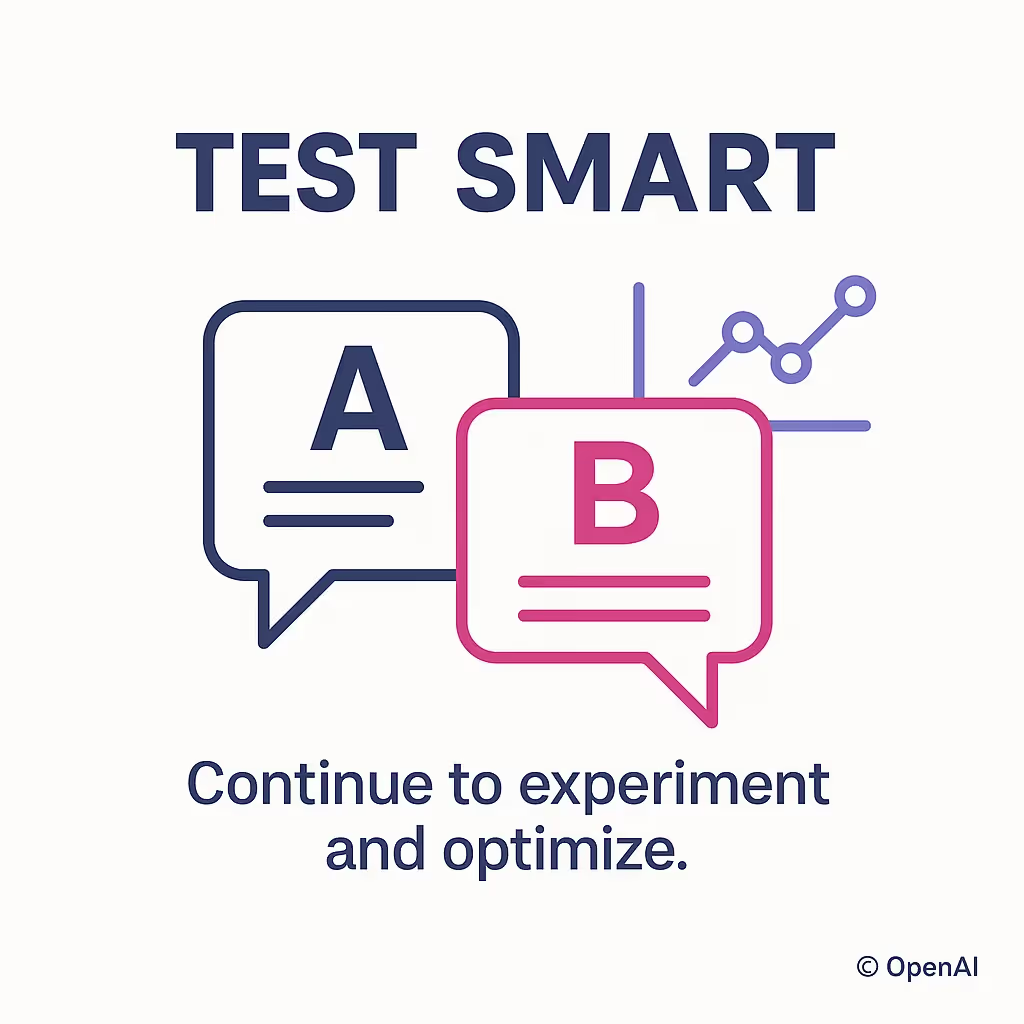
Experiment with message length and tone. Some audiences prefer brief, direct messages while others engage better with longer, storytelling approaches. Test emoji usage, personalization levels, and multimedia inclusion.
Run tests on small audience segments before deploying winning variations to your full list. Document test results to build a knowledge base of what works best for your specific audience.
Continuous Improvement Strategies
Review campaign performance weekly to identify trends and optimization opportunities. Look for patterns in successful messages and replicate those elements in future campaigns.
Gather feedback directly from your audience through surveys or simple response prompts. Ask what types of messages they find most valuable and adjust your strategy accordingly.
Stay updated on WhatsApp policy changes and new platform features. The messaging environment evolves quickly, and early adoption of new capabilities often provides competitive advantages.
Compliance and Best Practices
WhatsApp marketing success requires strict adherence to platform policies and legal regulations. Violations can result in account suspension or permanent bans that destroy your marketing efforts overnight.
Understanding compliance isn't just about avoiding penalties – it builds trust with your audience and improves long-term campaign performance. Customers appreciate respectful, permission-based marketing that adds value to their lives.
WhatsApp Policy Requirements
Always obtain explicit consent before adding contacts to your marketing list. Verbal consent isn't sufficient – document opt-ins through forms, checkboxes, or recorded confirmations. Store consent records for potential audits.
Use approved message templates for promotional content. WhatsApp reviews all templates before approval, ensuring they meet quality and compliance standards. Avoid misleading claims or excessive promotional language.
Respect opt-out requests immediately. Include clear unsubscribe instructions in every promotional message. Remove unsubscribed contacts from all future campaigns to maintain list hygiene.
Legal Considerations
Data protection laws like GDPR require careful handling of customer information. Implement proper data storage, processing, and deletion procedures. Provide clear privacy policies explaining how you use customer data.
International messaging requires understanding local regulations. Some countries restrict business messaging or require specific opt-in procedures. Research requirements before expanding to new markets.
Keep detailed records of consent, message sending, and customer interactions. These records protect your business if compliance questions arise and help optimize future campaigns.
Important: WhatsApp automation is legal when you follow official policies and obtain proper consent. Using unauthorized tools or sending unsolicited messages can result in account suspension.
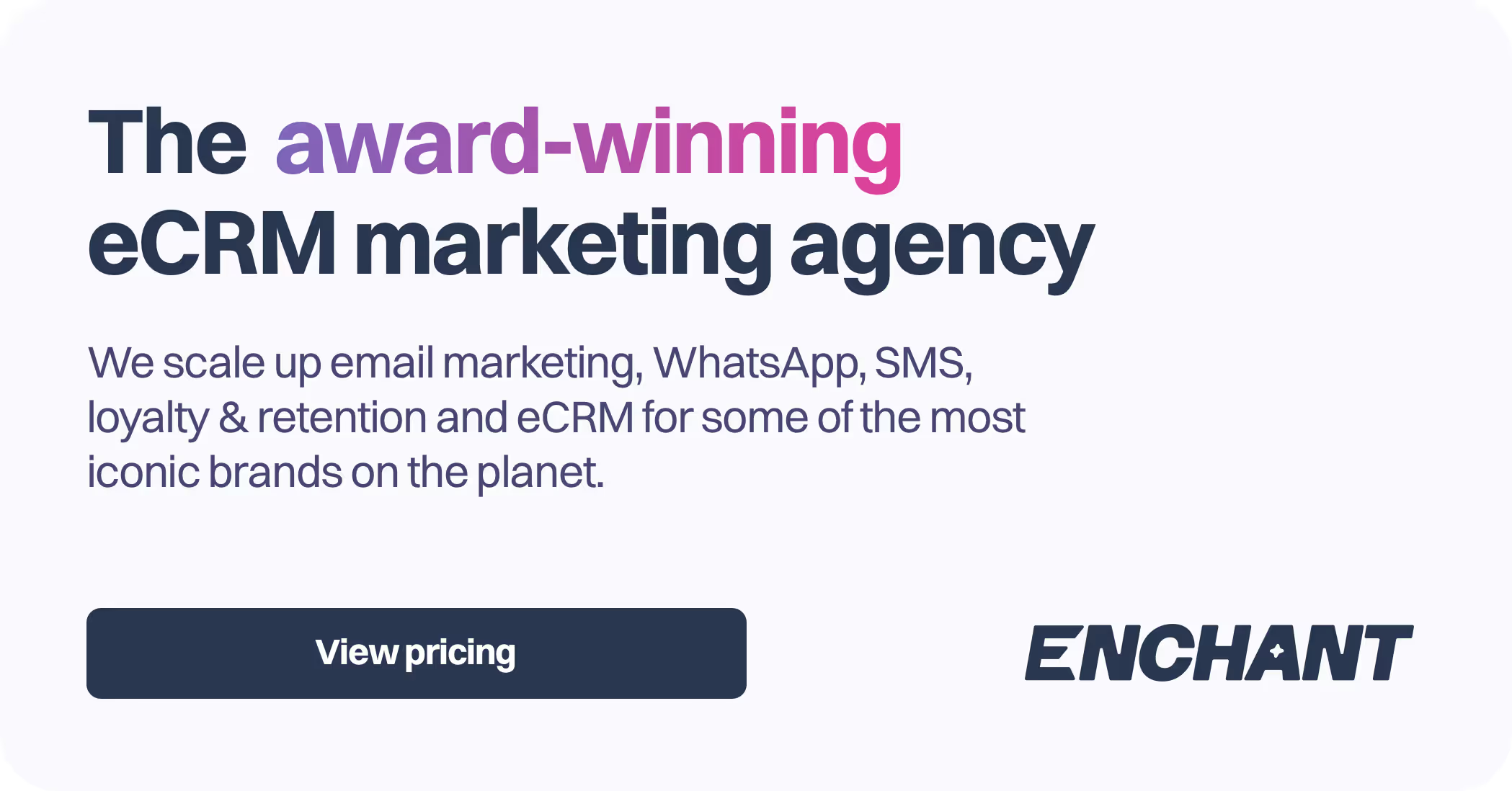
Quick Answers to Common Questions
What is WhatsApp marketing automation?
WhatsApp marketing automation is the use of specialized tools or software to schedule, manage, and deliver marketing messages automatically through WhatsApp. This process enables businesses to send targeted campaigns, respond to customer inquiries, and automate repetitive tasks, improving efficiency and customer engagement without manual intervention.
Is WhatsApp automation illegal?
WhatsApp automation is not inherently illegal, but it must comply with WhatsApp's official policies and applicable data protection laws. Using unauthorized automation tools or sending unsolicited messages can violate WhatsApp's terms of service and may result in account suspension or legal consequences.
Can WhatsApp be used for marketing?
Yes, WhatsApp can be used for marketing through the WhatsApp Business App or API, allowing businesses to send promotional messages, updates, and customer support communications to users who have opted in. Marketing on WhatsApp must comply with its policies and user consent requirements.
Does WhatsApp allow automation?
WhatsApp allows automation through its official WhatsApp Business App and WhatsApp Business API, enabling businesses to automate replies, notifications, and workflows. Automation must use approved tools and comply with WhatsApp's terms of service.
WhatsApp marketing automation opens powerful opportunities for businesses ready to meet customers where they already spend time. The combination of personal messaging with systematic automation creates marketing experiences that feel human while scaling efficiently.
Start with simple broadcast campaigns to your opted-in contacts, then gradually add behavioral triggers and advanced segmentation. Focus on providing genuine value in every automated interaction rather than just pushing promotional content.
Your first step is choosing an automation platform that matches your business needs and budget. Set up your opt-in process, create your first message templates, and launch a simple welcome sequence. Track the results, optimize based on performance data, and expand your automation as you gain confidence.
The businesses thriving with WhatsApp automation aren't necessarily the ones with the biggest budgets – they're the ones that consistently provide value, respect their audience, and optimize based on real data. Your automated WhatsApp marketing journey starts with that first opted-in subscriber and grows from there.




.svg)
.avif)




